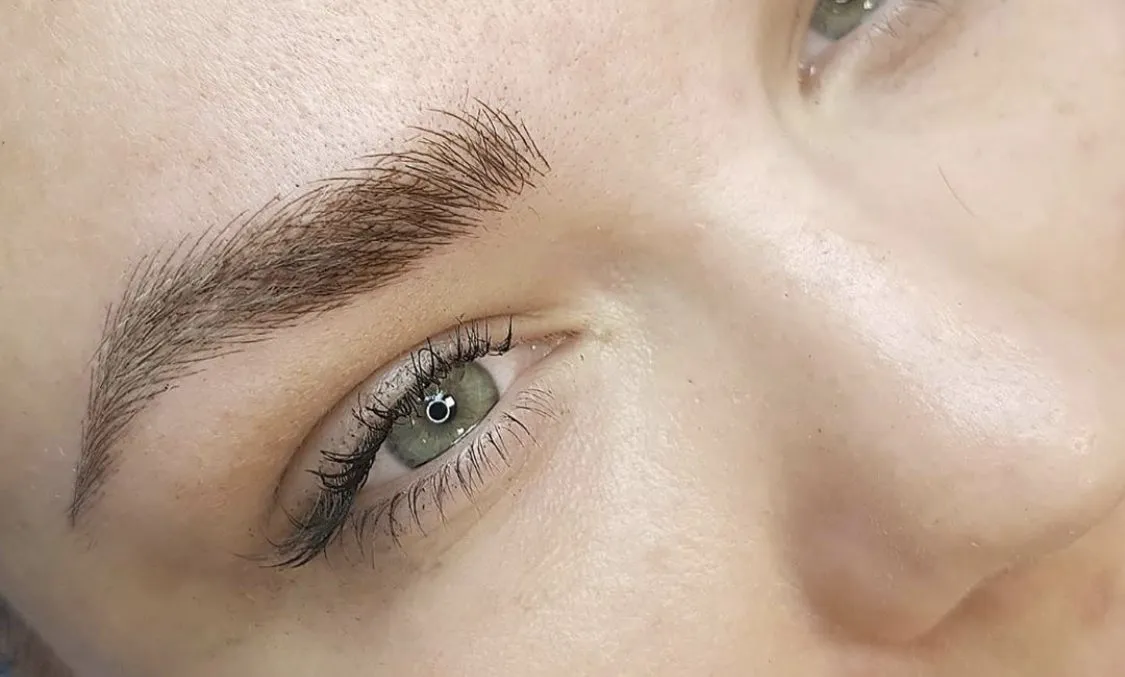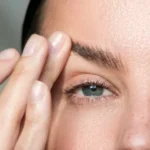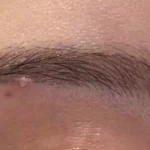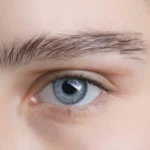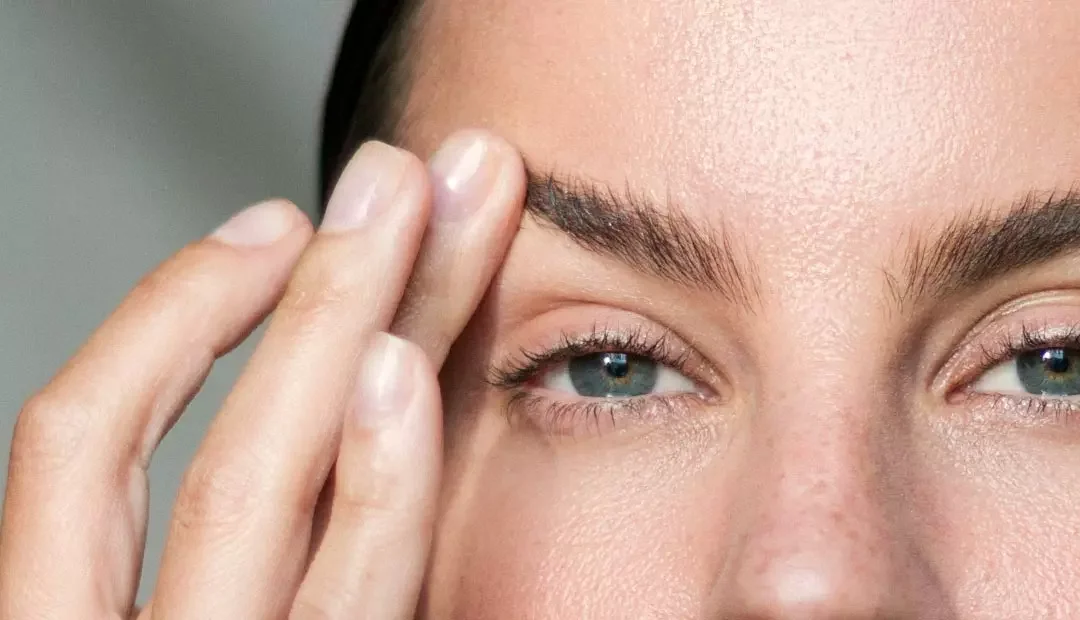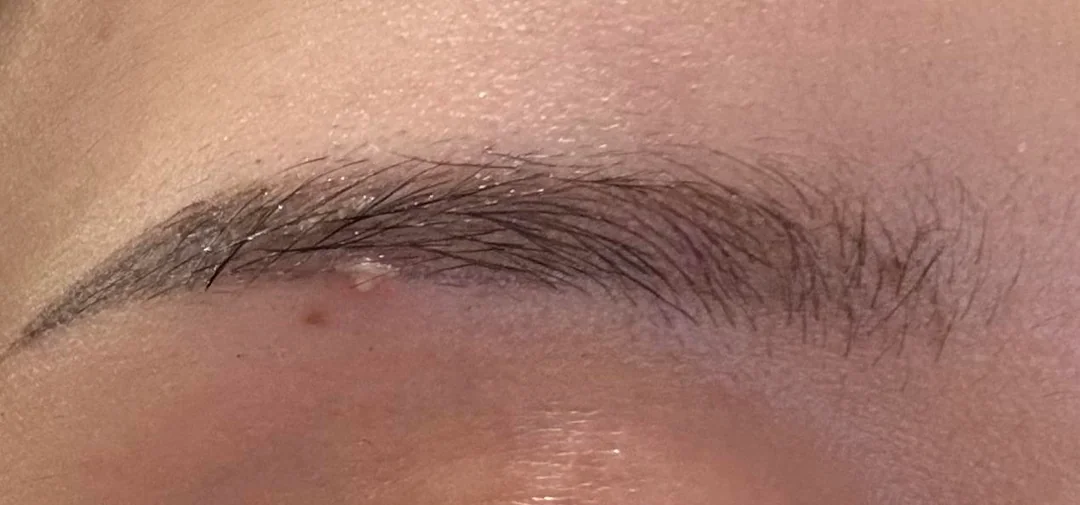Table of Contents
ToggleUterine fibroids are common growths that affect many women, often causing symptoms like heavy bleeding and pelvic pain. However, some women may not realize fibroids can also indirectly lead to hair loss. Dr. Kopelman, a trusted expert in hair restoration, explains how fibroids and hair loss are connected and provides advice on managing these challenges.
Many women wonder: can fibroids cause hair loss or even excessive hair growth? The answer often depends on how fibroids impact hormone levels and iron absorption. If you’re struggling with fibroids hair loss or unexpected hair changes, it’s important to speak with a specialist. Restoring balance in the body often improves hair health over time.
This article explores the causes of fibroid-related hair loss, effective treatments, and steps you can take to protect your health.
What Are Uterine Fibroids?
Uterine fibroids are non-cancerous growths that develop in the uterus. They vary in size and may cause different symptoms based on their location.
Symptoms of Fibroids
- Heavy Bleeding: Women with fibroids often have long, heavy periods. This can lead to iron deficiencies and fatigue.
- Pelvic Pain: Pain or pressure in the lower abdomen is a common issue.
- Other Symptoms: Some women experience bloating, frequent urination, or complications with pregnancy.
Black women and those with a history of uterine fibroids are more likely to develop fibroids. Research shows that up to 80% of African American women will have fibroids by age 50, often with more severe symptoms.
Can Uterine Fibroids Cause Hair Loss?
Hair loss is not a direct symptom of fibroids, but it can occur due to the side effects of the condition. These include iron deficiencies, hormonal changes, and stress.
How Fibroids Contribute to Hair Loss
- Iron Deficiency: Heavy bleeding from fibroids can cause anemia, a condition where the body lacks enough iron to support hair growth. Without iron, hair follicles become weak, leading to thinning hair or excessive shedding.
- Hormonal Imbalances: Fibroids are linked to high levels of estrogen and progesterone, which can disrupt the normal hair growth cycle and cause hair loss.
- Stress: Living with fibroids and their symptoms can cause emotional and physical stress, triggering telogen effluvium, a condition where hair falls out prematurely.
Uterine Fibroids and Hair Loss: What to Know
For women with fibroids, thinning hair can feel overwhelming, especially when combined with other symptoms like fatigue and pain. Some women may also have conditions like CCCA (Central Centrifugal Cicatricial Alopecia), which can worsen hair loss. Fibroids may disrupt normal estrogen and progesterone levels. In some cases, this hormonal imbalance raises the question: can fibroids cause excessive hair growth? While rare, certain fibroid-related hormone shifts may influence abnormal hair patterns.
How to Recognize Fibroid-Related Hair Loss
- Increased shedding during washing or brushing.
- Widening part lines or a thinner ponytail.
- Weak, brittle hair strands.
If you notice these changes, it’s important to consult a specialist like Dr. Kopelman to address the root cause.
Hair Loss After Fibroid Treatment
Treating fibroids can help reduce symptoms and improve hair health. Many women notice improvements after addressing heavy bleeding and hormonal imbalances.
Key Treatment Options
- Uterine Fibroid Embolization (UFE): This minimally invasive procedure shrinks fibroids by cutting off their blood supply. UFE can reduce heavy bleeding and improve iron levels.
- Hormonal Therapy: Medications that balance hormones may shrink fibroids and support hair regrowth.
- Surgery: In severe cases, fibroids may need to be removed through procedures like a myomectomy or hysterectomy.
Promoting Hair Regrowth
Hair regrowth after fibroid treatment takes time and consistent care. Dr. Kopelman recommends focusing on both internal and external factors. After treating the underlying cause, whether through medication or surgery, many patients ask, will hair grow back after fibroid removal? In many cases, yes. Once hormone levels stabilize and iron levels return to normal, hair often begins to regrow within a few months.
Steps to Improve Hair Health
- Address Iron Deficiencies: Take iron supplements or eat iron-rich foods like spinach, red meat, and beans.
- Stimulate Hair Follicles: Use treatments like minoxidil or platelet-rich plasma (PRP) therapy to encourage hair growth.
- Manage Stress: Practice relaxation techniques such as yoga or meditation to reduce stress-related hair shedding.
Preventing Fibroid-Related Symptoms
Heavy menstrual bleeding caused by fibroids can lead to iron deficiency anemia, a known trigger for hair shedding. This link between fibroids and hair loss helps explain why many women ask: do fibroids cause hair loss, and if so, what can be done about it? Women with fibroids or a high risk of developing them can take steps to minimize symptoms. Early detection and proper care are key.
Simple Prevention Tips
- Track Your Symptoms: Keep a journal to note changes in your menstrual cycle, energy levels, and hair health.
- Eat a Balanced Diet: Focus on foods that support overall health, including plenty of iron, vitamins, and minerals.
- Seek Regular Checkups: Regular visits to your doctor can catch issues early and help manage symptoms.
When to Seek Help
If you are experiencing hair loss, heavy bleeding, or other symptoms of fibroids, it’s time to talk to a specialist. Signs that you may need medical attention include:
- Fatigue and weakness due to anemia.
- Persistent or worsening hair thinning.
- Pain or discomfort that disrupts daily life.
Dr. Kopelman combines expertise in hair restoration and fibroid-related health to provide personalized care. His approach includes reviewing your medical record, addressing the underlying causes, and creating a plan tailored to your needs.
If you have uterine fibroids, managing symptoms may be possible through lifestyle adjustments like maintaining a healthy diet, losing weight, and staying active.
Although fibroids can recur while you are still menstruating, timely treatment can significantly enhance your quality of life and help prevent complications, such as hair loss. Your doctors are essential resources, offering guidance and effective treatments to address fibroids and any related symptoms, including hair loss.
The Role of Research and Awareness
A study published by leading medical organizations emphasizes the importance of education and awareness about fibroids. Many women with fibroids normalize symptoms like heavy periods or pelvic pain, delaying treatment and increasing the risk of complications.
Why Awareness Matters
- Percent of Women Affected: Fibroids are extremely common, affecting up to 70% of women by the age of 50.
- African American women at Risk: experience fibroids at higher rates and with more severe symptoms.
- Better Outcomes with Early Detection: Addressing fibroids early can prevent long-term health issues and improve quality of life.
Next Steps: Speaking with Dr. Kopelman
Hair loss caused by fibroids can feel challenging, but with the right care, you can regain your confidence and health. Dr. Kopelman’s expertise in hair restoration and fibroid-related treatments makes him a trusted partner in your journey.
Whether you’re dealing with fibroids and thinning hair, iron deficiencies, or other related symptoms, Dr. Kopelman offers solutions tailored to your needs.
Dr. Kopelman offers advanced hair transplantation techniques, such as FUE and FUT, to restore your hairline. His personalized care includes addressing hormone imbalances and nutritional deficiencies to promote healthy hair. Schedule a consultation today to explore your options and take the first step towards achieving your hair goals.



